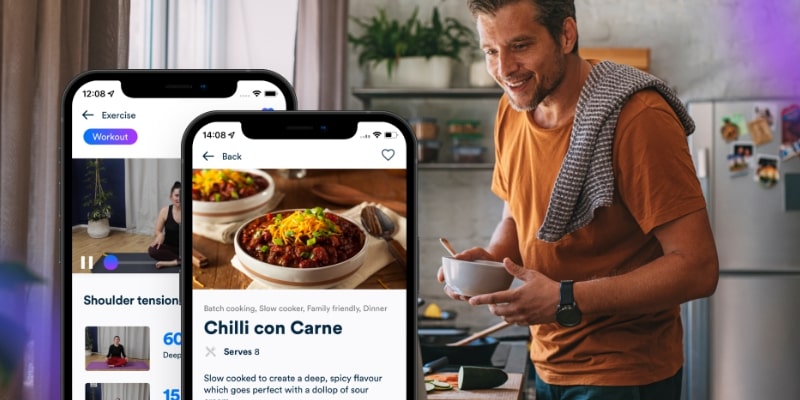Older adults living with diabetes can better manage their condition by using mobile health apps, new research has underscored.
A recent study from the University of Georgia and University of Illinois Urbana-Champaign has found that older adults using digital apps are more likely to have better blood glucose levels and adherence to medication protocols compared to those not using mobile health apps.
Older people are often overlooked when technology is involved but the implementation of these apps could improve diabetes management among this population, experts have said.
- W8Buddy app paves the way for enhanced weight management in the NHS
- Weight management improved by family-based approach to lifestyle programmes
- Low Carb Program review
Senior author Professor Renato Ferreira Leitao Azevedo said: “Even though you can make an argument that older adults are the primary group utilising health resources, with the exception of rare conditions, they are oftentimes not the intended audience when designing and implementing mobile health apps.”
During the trial, the team of academics analysed 490 older adults to assess how mobile health apps impact their diabetes management.
They found that participants using a digital health app saw a 0.4-point drop in their HbA1c levels.
Professor Azevedo said: “Although the numerical effect appears modest, it holds clinical significance.
“Within the American Diabetes Association thresholds, such a change could shift an individual from the prediabetic range to a normal diagnostic range.”
According to the researchers, mobile health apps can also help older people take their medication at the right time.
“This study is especially promising because many of the health apps were not specifically tailored to an older population,” said Professor Azevedo.
He concluded: “If digital technologies, such as mobile health apps, are co-designed with older adults and tailored to account for their individual differences and needs, the promising outcomes observed in our study could be expected to be further enhanced.”






